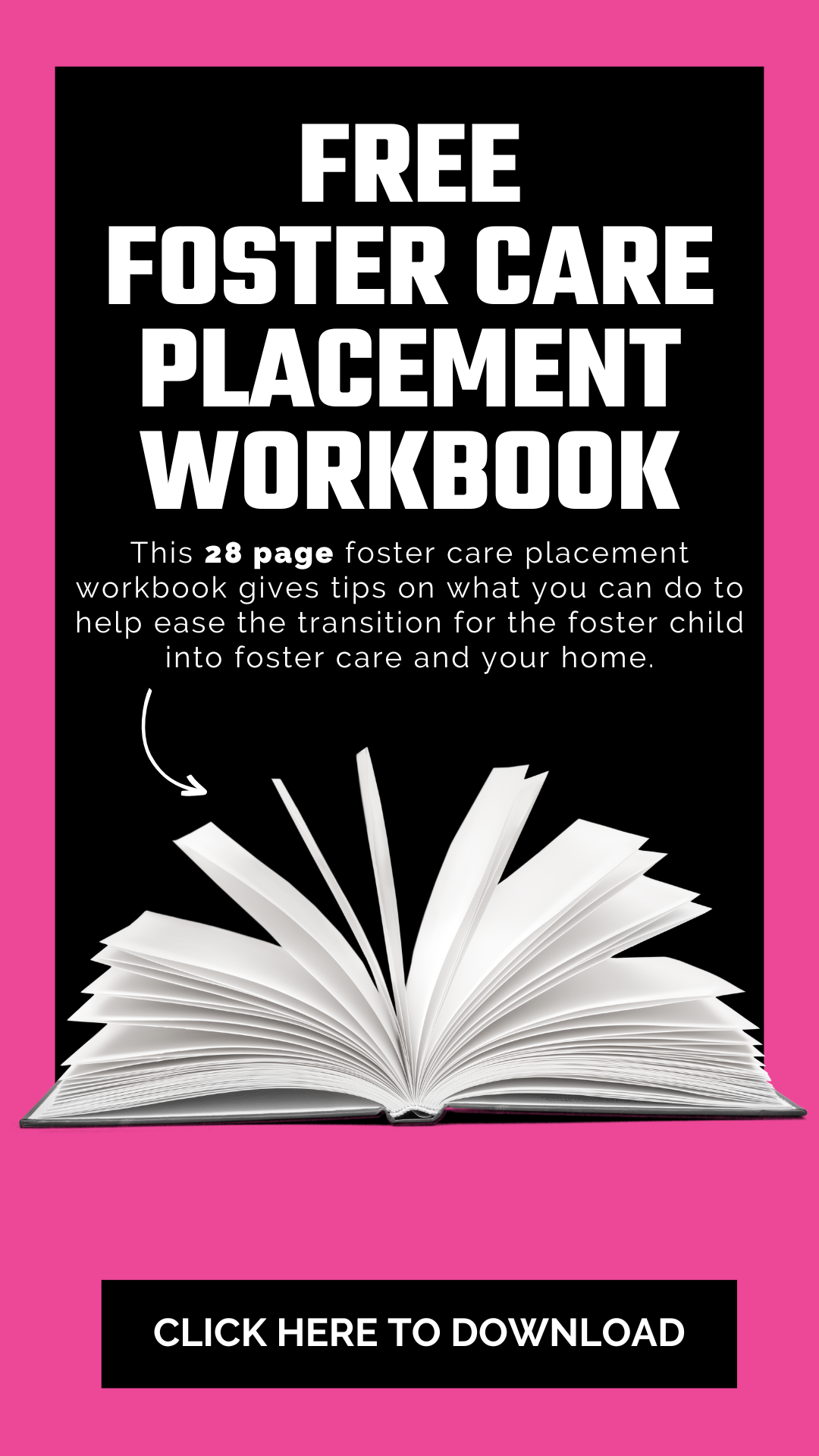
Getting a diagnosis is like doing a jigsaw puzzle without half the pieces, some pieces without the whole picture printed on it, and not knowing what your puzzle is supposed to look like. It is challenging and a huge undertaking at times, but at the end when it’s completed it is worth all the time spent.
I’m the foster momma to two beautiful twin boys who had a few of these jigsaw puzzles for me to solve. We were given very little information about them and their birth story, just like many families, and a booklet of doctor’s appointments and specialists to see. To say I was overwhelmed was an understatement, but the happiness and joy I was feeling outweighed any feelings of doubt.
Some things to keep in mind as you start to put together those jigsaw puzzles:
- It is important to know that just like you interview your doctors to get the right fit, you need to do the same with your nurses.This was our biggest source of support early on in our journey to getting answers. They were my advocates and my voice, when I was still learning the system of how loud I needed to be. My nurse team is just as valuable as my doctors. They were able to suggest the right doctors that would fit our family within all the different specialists and helped with understanding all the medical terminology (that we are just supposed to automatically understand).
- Have a notebook!I learned this the hard way, trust me. Take a few minutes the night before your appointments to write down all your questions and concerns, because when you are in the office you will forget some of them and then have to call or make another follow-up appointment. I have done this countless times in the beginning and this is where my nurses were my saviors. They answered all the questions I forgot to ask. Take notes during your conversation with your doctors too, because not everything will be in your after-visit summary notes. Then when you get home, re-read your notes in combination with your after-visit summary notes, to really understand everything.
- Start a binderwith all your after-visit summary notes, divide it by specialists and bring it with you wherever you go! Within it, also bring all your KidsPeace paperwork too. You will need to provide it to all your specialists, and nothing’s worse than having to reschedule because you don’t have those papers…trust me, been there too. Also, sadly, not all doctors do their homework. They may not read your whole file, especially large ones that are complex. That’s why having your binder is so crucial.
- Lastly, and most importantly, remember that your voice is always louder and no one knows your kiddos better than you. In the beginning this was hard for me because I didn’t want to be an inconvenience to anyone or be “overbearing”. This quickly changed as I needed to be assertive to get services and move the diagnosis progress along. The more I voiced a concern, the more the specialists talked withme and not at We were able to come up with a treatment plan together that worked best for our family. They valued my input and my perspective because we are their voice as many kiddos can’t vocalize how they are feeling.
You will see the difference in your child once you have completed your puzzle. It can be frustrating at times and feel like it’s never going to be completed, but it will happen for you. Also, never forget your KidsPeace family too! They are always a wealth of information.
– Desiree Beck


